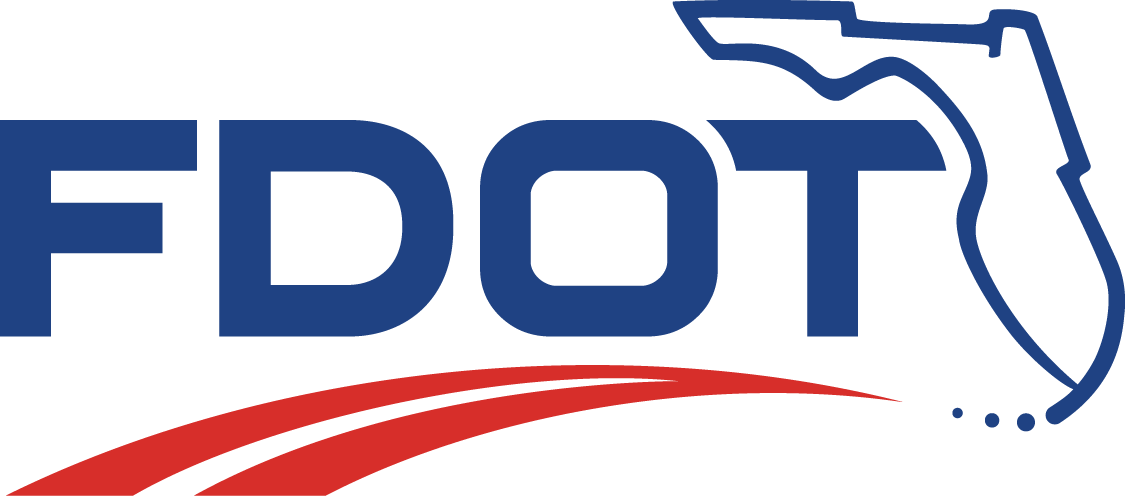
For Immediate Release
July 1, 2025
Governor
DeSantis’ Fiscal Year 2025-26 Budget Makes Strategic Investments to Keep
Florida Moving
FDOT’s 5-year work program invests $13.7 billion in the future of Florida’s transportation network.
TALLAHASSEE, Fla. — This week, Governor Ron DeSantis signed the Budget for Fiscal Year 2025-2026, which included strategic transportation investments totaling $15.1 billion. These investments enable the Florida Department of Transportation (FDOT) to deliver projects that relieve congestion, support Florida’s supply chain and promote economic competitiveness.
“Florida is well known for our world-class infrastructure and the Focus on Fiscal Responsibility Budget allows FDOT to continue strategic and innovative investments to maintain that reputation across a vast transportation portfolio,” said FDOT Secretary Jared W. Perdue, P.E. “Governor DeSantis remains a steadfast champion of investments in our state that truly bring value to our communities and enhance the quality of life for Floridians.”
The budget provides $13.7 billion for the State Transportation Work Program. This year’s investment supports:
- $5.4 billion for highway maintenance and construction, adding 102 new lane miles
- $1.5 billion for resurfacing, improving 2,652 lane miles
- $787.7 million for freight, rail, and community transportation systems
- $961.2 million for the repair of 40 bridges and replacement of 21 bridges
- $254.9 million for aviation investments
- $90.5 million for spaceport investments
- $275.1 million for Florida Trails, including $50.1 million for the SUN Trail Network
- $253.8 million for safety initiatives.
- $172 million for Local Transportation Project Grants.
- $120.7 million for seaport improvements
At the Paris Air Show, Governor DeSantis signed Senate Bill (SB) 1662, FDOT’s priority bill. This bill language implements extensive updates across Florida’s transportation, seaport, airport, and logistics sectors to address the needs of the state's rapidly growing economy and population. Key provisions include:
- Establishing the Florida Transportation Research Institute, led by the University of Central Florida, to provide an epicenter for Florida universities and aerospace industries to conduct high-value research and innovation.
- Creating the Transportation Academy to educate and train the next generation of the transportation workforce. Participants will gain hands-on experience through on-the-job training and will earn certificates and licenses, like CDLs, to build a meaningful lifetime career. Additional opportunities will be created with Florida university partners and other state agencies to expand technical degrees in the transportation field.
- Providing new funding mechanisms for projects involving spaceports and manufacturing, including infrastructure to support commercial space launch operations at any Spaceport territory in Florida.
- Protecting aerospace interests by preventing space-designated land at seaports from being repurposed for non-space activities. With limited real estate around Cape Canaveral, this ensures Florida’s long-term competitiveness in this industry, given that 60% of all global space launches currently launch from Florida.
- Establishing dedicated plans for Advanced Air Mobility (AAM)—positioning Florida as a leader in next-generation aviation technologies.
- Providing FDOT the framework to invest in the construction of vertiports, beginning with the first facility at SunTrax to support AAM research, testing and deployment.
###
www.fdot.gov | X: @MyFDOT | Facebook: @MyFDOT
The Florida Department of Transportation’s mission is to provide a safe statewide transportation system that promotes the efficient movement of people and goods, supports the state’s economic competitiveness, prioritizes Florida’s environment and natural resources, and preserves the quality of life and connectedness of the state’s communities.

